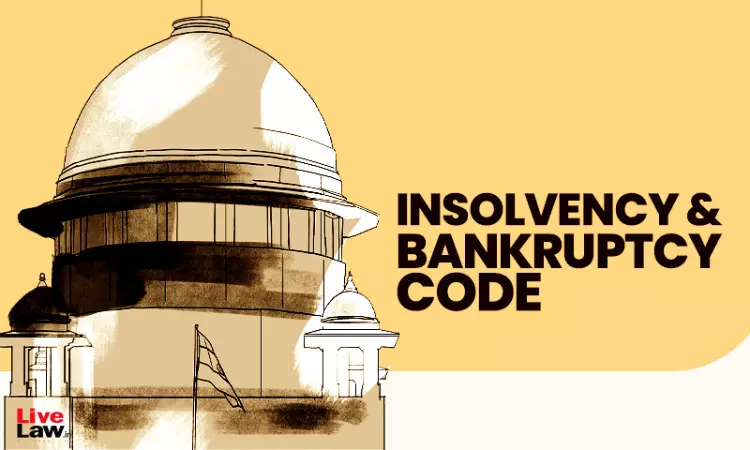NCLT Has Inherent Power To Recall Order Approving Resolution Plan Which Is Not Submitted As Per IBC : Supreme Court
Yash Mittal
13 Feb 2024 8:07 PM IST

Next Story
13 Feb 2024 8:07 PM IST
The Supreme Court on Monday (February 12) observed that the Adjudicating Authority (“AA”) i.e., NCLT under Insolvency and Bankruptcy Code, 2016 (“IBC”) has the power to recall its order approving the resolution plan if the resolution plan is not submitted as per the mandate of the Code. The Resolution Applicant (“RA”) had preferred a recall application before the AA seeking recall...
